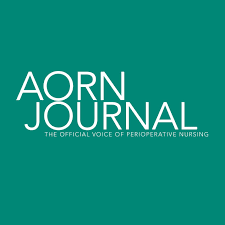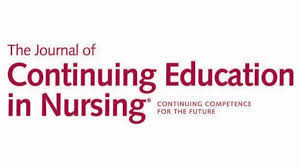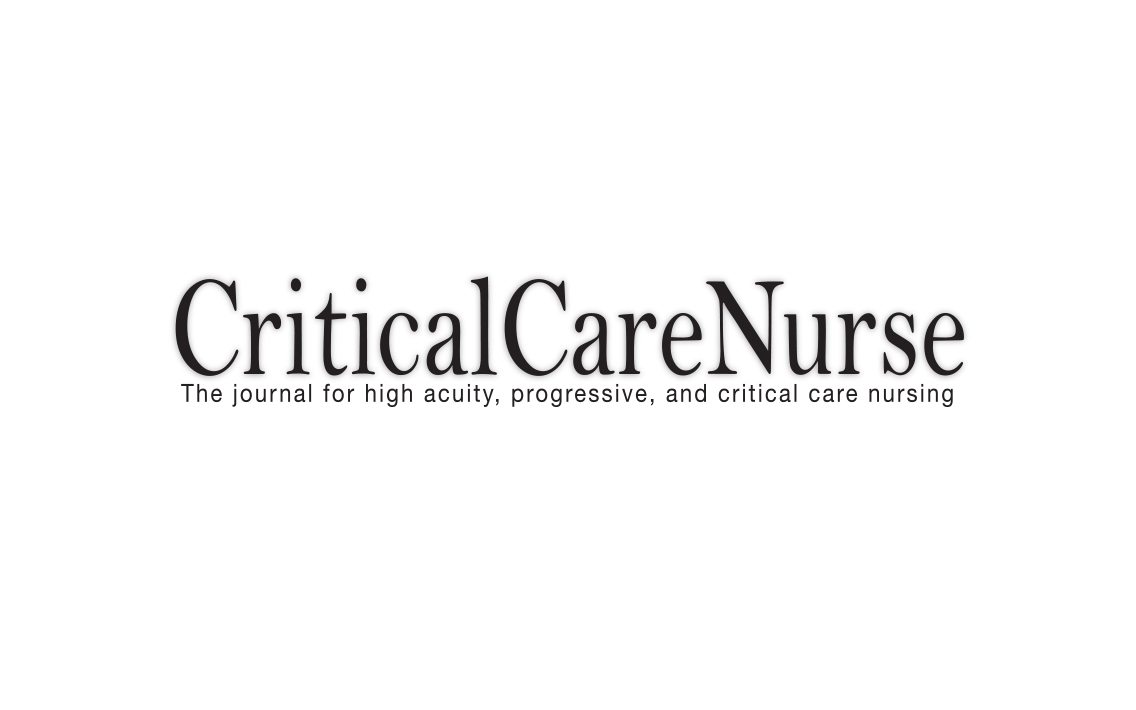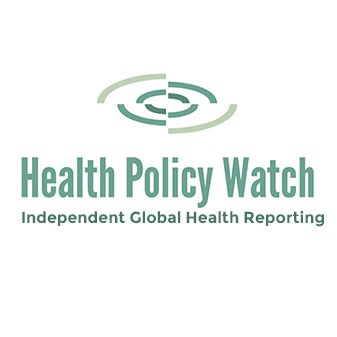
Editor's Note Younger perioperative nurses with less experience are more likely to consider leaving compared to older perioperative nurses, according to a systematic review on factors related to turnover intention among OR nurses published in the November 2025 issue of AORN Journal. The investigators reviewed 11 studies on turnover intention…

Editor's Note What a week it was! The 2025 OR Manager Conference just wrapped up at the Anaheim Convention Center, and perioperative leaders are already talking about what is next. Mark your calendars—the 2026 OR Manager Conference is heading to Savannah, Georgia, at the Savannah Convention Center on October 5–7,…

Editor's Note A new study shows that video-language models (VLMs) can reliably evaluate nursing procedures, detect errors, and provide feedback, paving the way for scalable AI-assisted training in nursing education, Cornell University September 20 reports. The paper, titled “Automated Procedural Analysis via Video-Language Models for AI-assisted Nursing Skills Assessment”, outlines…

Editor's Note Most newly licensed nurses require about 12 months before they can practice autonomously, a HealthLeaders September 8 analysis reports. The article highlights findings from a recent National Council of State Boards of Nursing (NCSBN) study of 200 nurses, 74% of whom reported that a full year was necessary…

Editor's Note Exercise-based interventions can help nurses reduce stress, lessen burnout, and improve overall psychological well-being, according to a systematic review published in the Journal of Continuing Education in Nursing on August 1. The researchers reviewed 33 studies that examined the effects of exercise-focused programs on nurses. The interventions varied…
Editor's Note Travel nurses and permanent staff nurses share similar perceptions of their work environments and ethical workplace climates, according to a study published in the Journal of Nursing Administration. The results challenge common assumptions about differences between these two groups and emphasize the need for nurse leaders to facilitate…

Editor's Note States that grant full practice authority to advanced practice registered nurses (APRNs) rank significantly higher in health system performance than those that impose physician supervision requirements, according to a July 3 report from the University of Missouri. The article focuses on a study led by researchers at the…

Editor's Note A well-fitted bra dramatically cut post-sternotomy wound rates to zero at a Denver hospital, showing how nurse-driven innovation can improve outcomes and reduce costs, Critical Care Nurse May 28 reports. In the article, “The Bra Project: Preventing Wounds in Women After Sternotomy,” appearing in the journal’s June 2025…

Editor's Note Targeted training in non-technical skills significantly improves scrub practitioners’ self-efficacy—particularly in communication, teamwork, and situational awareness—according to a new randomized controlled trial published by BMC Medical Education on May 7. As reported in the study, 60 scrub practitioners from two Iranian hospitals were randomly assigned to intervention and…

Editor's Note Wealthy nations continue to draw nurses from poorer countries, worsening fragile healthcare systems and deepening global inequities, according to the newly released State of the World’s Nursing 2025 report from the World Health Organization (WHO) and International Council of Nurses (ICN). As detailed in a May 12 article…